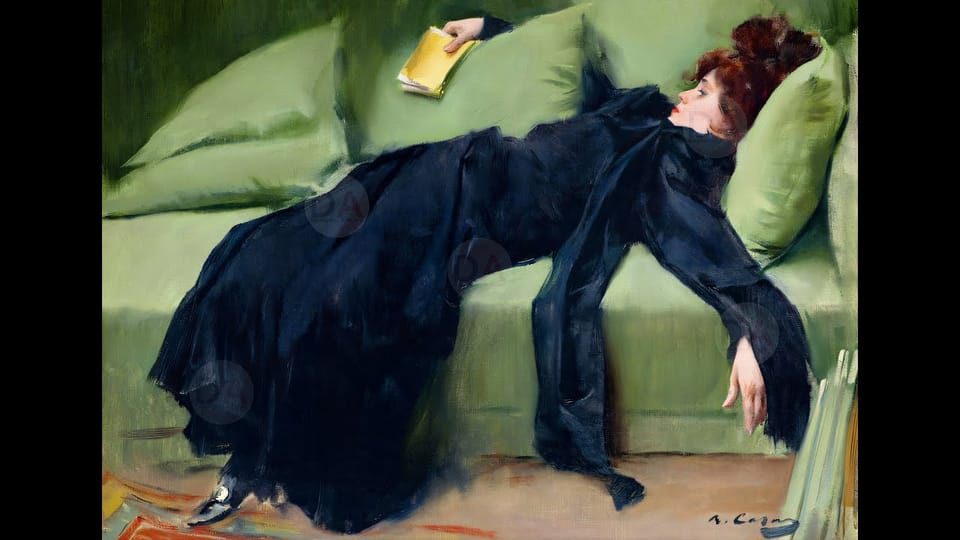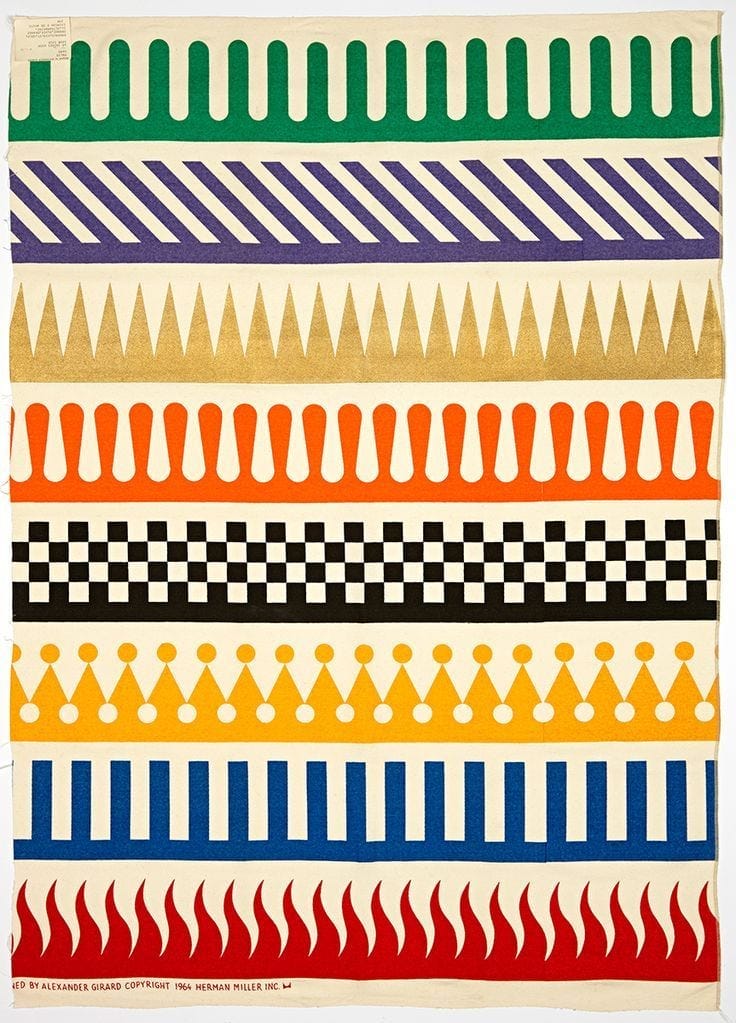Your advertising is killing journalism. But it can save its life too.
All it took us was a global pandemic.

Advertising is killing journalism. But it can save its life too.
We now appreciate the value of reliable news. And all it took us was a global pandemic.
Journalists are fighting tooth and nails to keep us informed. More: they are hounding misguided politicians and their bad ideas and false claims, before any further damage is done.
That is some life-saving stuff.
But what is keeping journalism itself alive? It is advertising, barely.
When there were not many other options, advertising on press media was a choice by default. Now, though, there’s an arms race for efficiency (not effectiveness), and publishers are losing money to shady programmatic media and platforms. The consequences are dramatic: great journalism is being bled to death.
“But, hey, what about people paying for journalism, like they do with Netflix?” Two issues: 1) news should be more of a right than a privilege — a different beast from ad-free, premium entertainment (Netflix, Disney+, HBO Max…); 2) a direct pay-for-reading model across the market would lead to concentration of media and filter bubbles — people will read the one newspaper they pay for, rather than browsing through different sources and opinions. Advertising allows this freedom of content consumption.
So this is a case for tempering the lust for efficiency and adding a bit of principle to your media planning, for the sake of real news and, hear me out, effectiveness.
Let’s say you sell chocolate and that is totally fine. You don’t have to solve the Covid-19 crisis, really.
Make sure you’re there for your collaborators. Try to pitch in for the sake of those in need. Pay your taxes.
But please do something before struggling to conjure an ad that links your candy bar to the heroism of our health workers.
Think of where your ad will be placed.
For when this whole thing is over, there will still be one way your brand can save lives and make the world a better place: keeping your ad money in the hands of journalists.
Not every dollar, mind you. But some, definitely.
Great brands stand beside great journalism.
Can we imagine a more direct and honest way of advertising online? “Hey, The Guardian, here’s my money. Show my ads to your actual readers.”
No need for tracking or other dirty practices. No need for worrying about fake websites, fake clicks and toxic ad placement.
Yes, it’s hard work: researching and spotting the places where your brand should be at. But it is worth it.
Serving your banner on a cesspool of a website, just so you can save a penny and some effort? That is immoral and, most importantly (heh), ineffective. Because your brand will look and feel like garbage, by association.
It is time to think about the effects of signaling for advertisers of real news. Because when your banner is there, right beside a bonafide piece of great writing, it signals to the world: this is a quality, grown-up brand.
There should be a premium to be paid for such thing.
Wanna find the money for that? Try Facebook.
That valuable real estate for ads on the homepage of a newspaper has been replaced by Facebook, still the current default place for news. Publishers only get paid when people click on a link on their feeds.
They’re also at the mercy of Mark’s whims — changes to the news feed algorithm have been known to wipe out 20% of traffic to publishers’ websites, in a single swoop. If one-third of your posts won’t even come to surface, and there’s no transparency to the algorithm’s criteria, the only choice left to publishers is to push their posts with money.
Yes, Facebook offers to the cure to the disease they inflicted journalism with.
There are also ethical implications: when you concentrate your ad spend on Facebook, you’re giving money to a platform which feels exempted of championing the truth. They have the billions and the talent to do so; remorse is what they lack.
In the end, your ad money funds an über-editor, Mark Zuckerberg, who gets to arbitrarily choose which news people will even get exposed to, let alone read.
Oh, and he has no qualms in tracking the hell out of every person on Earth. Dude is a merchant of data, first and foremost.
So leave platforms for small advertisers. You’re above that. You have principles.
The conclusion.
Support content that is hard-earned with your ads. It doesn’t have to be The Guardian. News can be local and peculiar and funny; they can be videos, infographics and podcasts. Still, they need to be real and crafted, and that costs money.
The more direct the relationship between your brand and the publisher, the better: no middlemen to eat away your investment, no arcane mechanisms for tracking people, no support for devious data shenanigans, no chances of having your ads funding toxic or phantom content. It should be this simple.
Remember when newspapers were our home pages? Remember when browsers really mattered? That was a recipe for a more informed planet.
So, yeah, the most civic thing an advertiser can do today is to support real news.
(And to stay home, of course).



